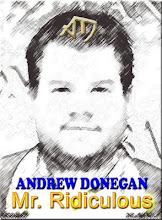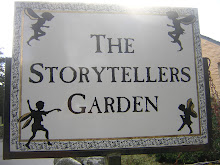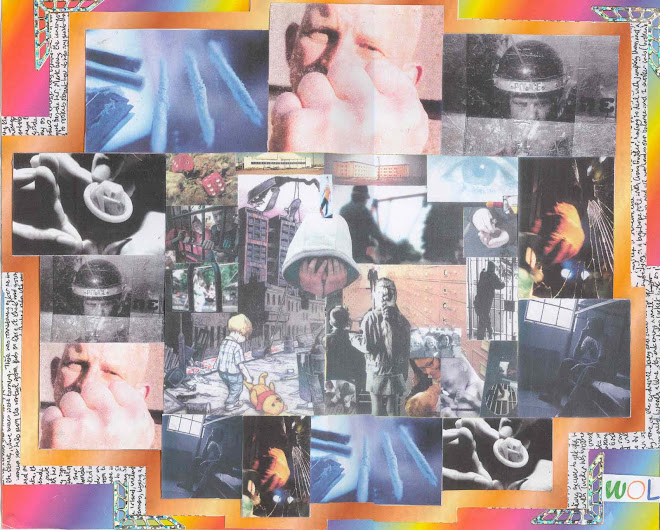Priya Sharma’s Needlepoint is a monarchical fantasy in the very latest Interzone magazine #242. That’s a nerdy way of saying it has people like kings and queens in it. The magazine is worth buying for the cover art alone, but let’s not digress to the artist, Ben Baldwin. Rather, we’ll concentrate on one paragraph in particular from her story. Here it is:
Marry me. I’ll wait for your reply under the elm that you can see from the queen’s gallery. Flash a lamp three times if the answer’s yes. I’ll wait there until the second clock strike of the morning. If there’s no light, I’ll leave this place and never trouble you again.
Wouldn’t this make the perfect creative writing assignment, if one had to use it as a starting point and carry on with the tale to follow? It’s near the end, and that’s fitting, because the end is the beginning and the beginning is the end. Not in her story, mind, but generally, in life. Our last breath in this life is our first breath in the next, a friend said recently. True, you think, or no?
It’s a purposeful mark of intent to designate italicised paragraphs near the ends of stories with condensed meaningfulness. Often, all the other couple of thousand words seem like padding in comparison. These are the working words. These are the meat. The final destination from the very first line. The logo of the story, in a sense. The badge of it. The burning emblem of identity. The glittery sticker. If you read something, then want to pick it up and run with it, then that says it all. That’s the recycling factor, right there. You’ve been inspired to share. The self-regenerating continuum of ideas is eternal.
Fantasy has the best potential for romance, some reckon, more than any other style, even more than romance itself. This does not go unnoticed on Priya Sharma.
Stephen
McGeagh has his first novel out from Salt Publishing. He admits the opening
sequences of the book read like an episode of Shameless but promises it isn’t.
Like any book worth its salt, where the reader starts out is not where the
reader ends up. The urban realism is stark and fearlessly blunt. To get the
show rolling, it don’t get any more downbeat than bus rides and dole offices.
One of his character's opinions, on the matter of benefits, is: “I want money for
nothing, so just f**king give it to me.”
Stephen
received the first copies of his debut novel on the same day he sat next to
Ramsey ‘The Master’ Campbell on a Twisted Tales discussion panel. It must have
been a great day for him. Talk about arriving within the writing world!
Congratulations to Stephen.



































































